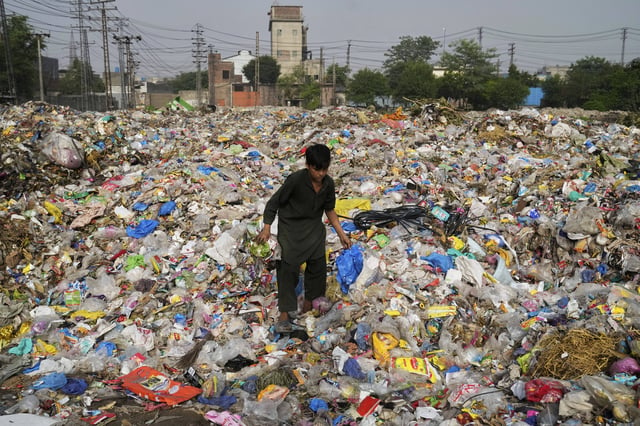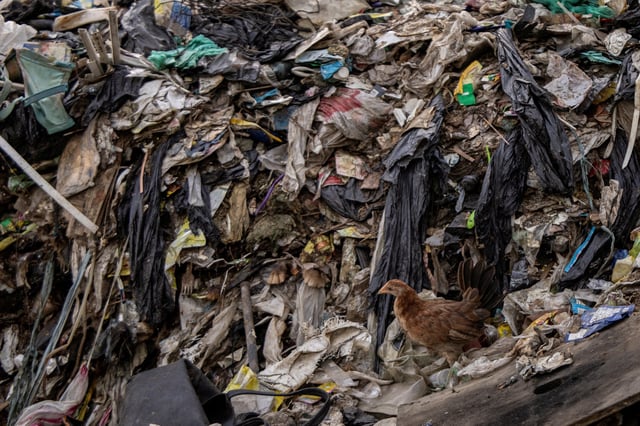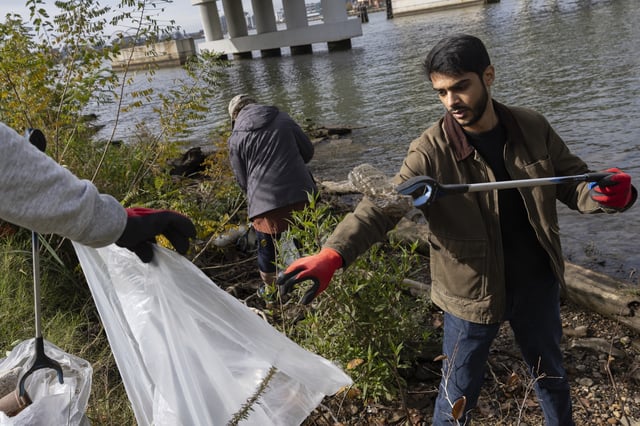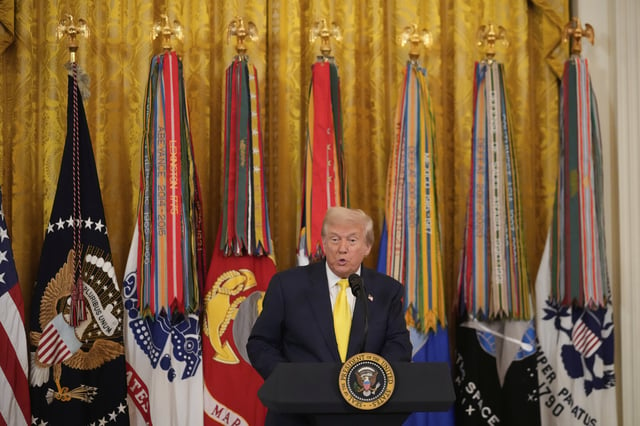Overview
- The US State Department sent memos to several delegations urging rejection of any global targets on virgin plastic production and bans on chemical additives, citing potential cost increases.
- Australia’s environment minister announced Canberra will defy Washington by backing binding caps on global plastics output and stronger design rules for recyclability.
- Analysts count over 200 oil, petrochemical and plastics industry lobbyists at the Geneva session, outnumbering many national delegations and raising fears of undue influence.
- The Like-Minded Group of petrochemical-producing states, including Saudi Arabia, China, Iran and Russia, rejects upstream limits by arguing plastics are essential for modern medicine.
- Health, environment and WHO representatives are pushing for a treaty that covers the full plastics lifecycle with enforceable production caps and hazardous-chemical bans to protect human health.



